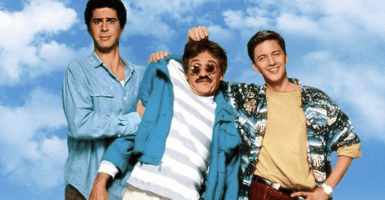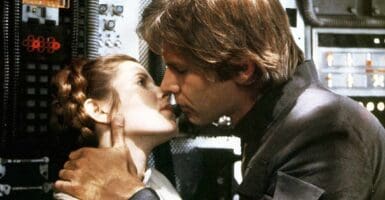Netflix One Piece Succeeds Where Avatar Fails In The Most Important Way
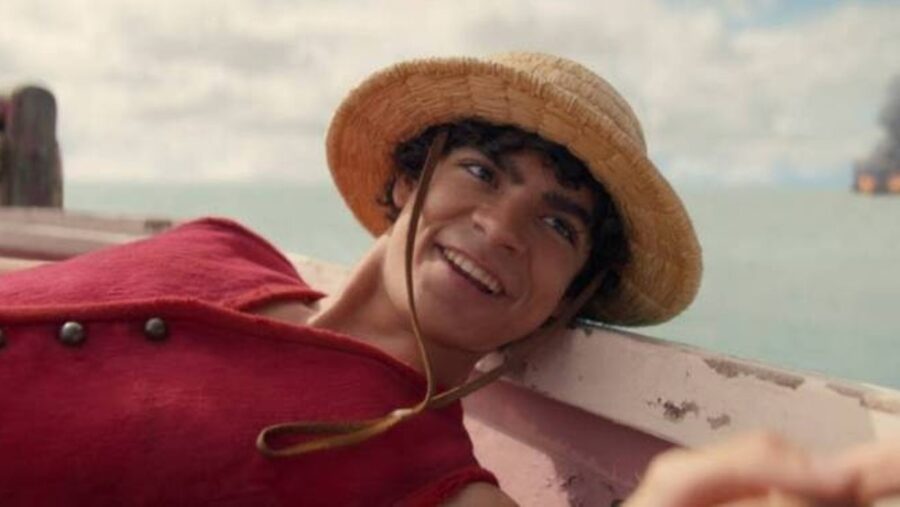
One Piece and Avatar: The Last Airbender are perhaps the best-known animated series in the vastness of streaming content since they’ve done a wonderful job of capturing the hearts of a global viewership. Following the massive success of One Piece’s live-action adaptation, Netflix hoped to give Avatar: The Last Airbender the same treatment. The end result, however, didn’t turn out the way Netflix had hoped, as One Piece succeeds where Avatar fails in the most important way—the former has a much clearer vision and respect for its narrative arc.
Avatar Feels Rushed
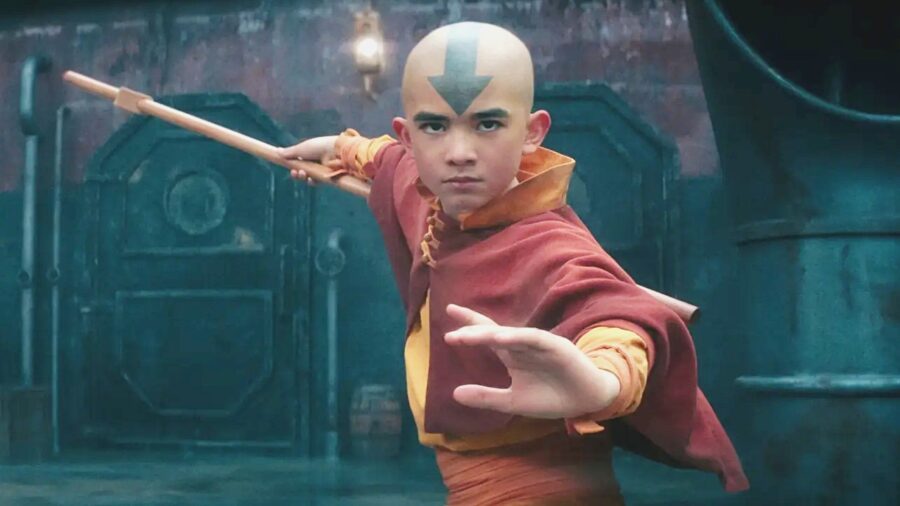
We’re not saying that Netflix’s Avatar adaptation is bad, far from it. But the quality can’t really measure up to that of the One Piece live-action adaptation that was released last year. For one, Netflix prioritized action sequences and special effects over the narrative in an attempt to cover up the troubled production of the Avatar adaptation. However, the production team also introduced certain changes to the narrative that made the adaptation seem rushed, whereas One Piece took a more gradual approach to storytelling and building suspense for the season finale crescendo.
A Jumble Of Anime Seasons
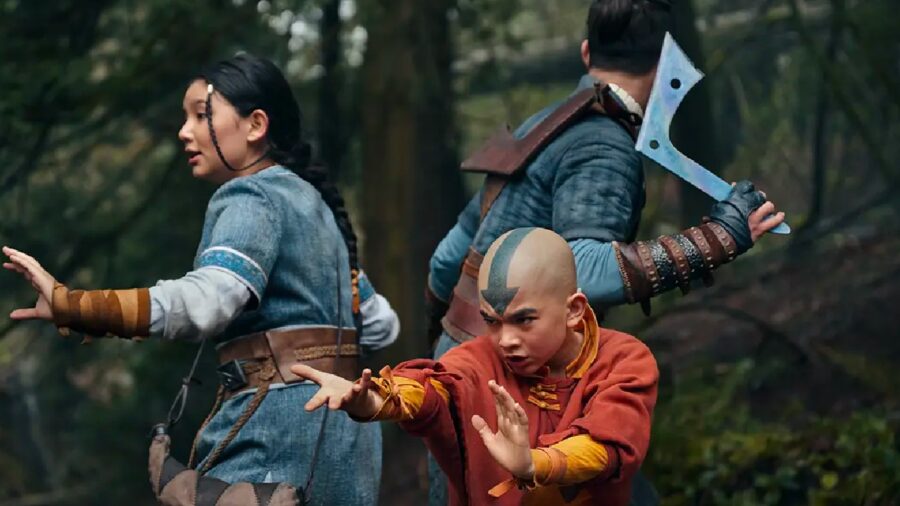
Netflix Avatar‘s shortcomings stem from a few reasons. The first season adapts the whole 20 episodes of the anime’s first arc, Book One: Water, into only eight episodes, which is, in itself, quite challenging. Furthermore, the story has been shuffled a bit.
In the adaptation, Aang learns that he has to master all four elements in the first episode of the series and is already well aware of the war started by the Fire Nation. However, in the anime, he’s very much unaware of the war since he spent 100 years in the ice.
One Piece Managed To Enhance The Story
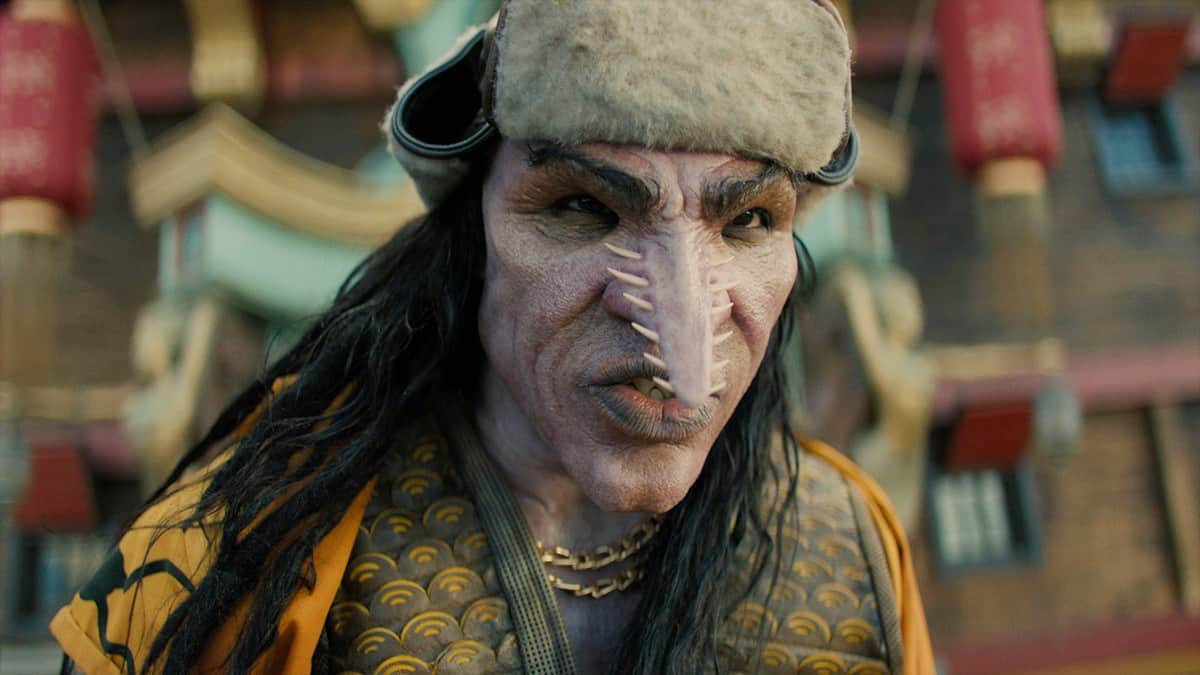
Furthermore, his path of mastering the four elements isn’t revealed to him until episode eight of the anime. There’s no denying that the story was rushed, and certain things had to be shuffled a bit to accommodate the whole Book One: Water into Netflix’s Avatar adaptation.
One-Piece, on the other hand, didn’t shuffle content. It just took a story arc from the anime, fleshed out all the narrative-important bits, and added a smidge of something extra to enhance the story. Also, the fact that Eiichiro Oda was involved in decision-making for Netflix’s One Piece ensured that the production stayed on course.
Creator Involvement Is The Difference
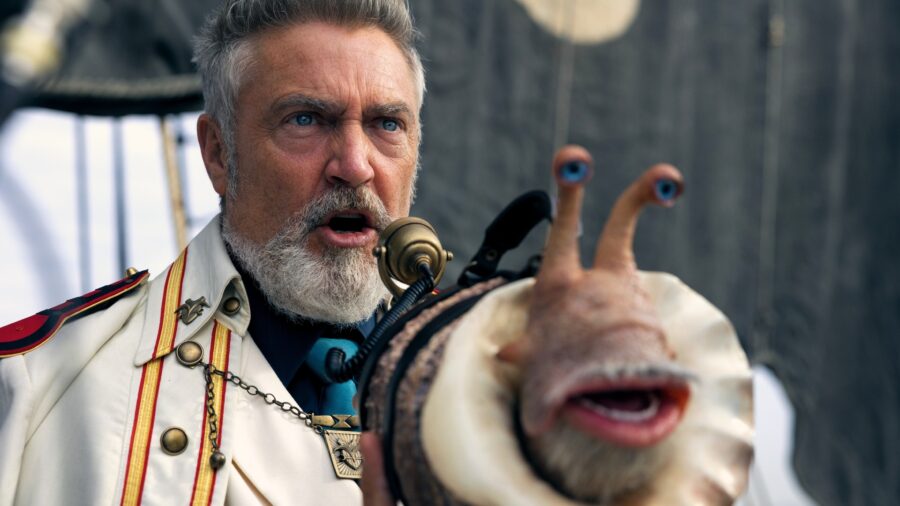
That didn’t really happen with Netflix’s Avatar adaptation. Eiichiro Oda’s involvement in the One Piece adaptation proved to Netflix the importance of having an original creator involved with the project. However, hubris is a dangerous thing; Netflix brought in the original creators of Avatar: The Last Airbender, Michael Dante DiMartino, and Bryan Konietzko, to work on the project, but the duo actually cut ties with the project over creative differences with Netflix. They even publicly stated that, while the adaptation did turn out well, it was not what they had envisioned for the project.
A Partial Success
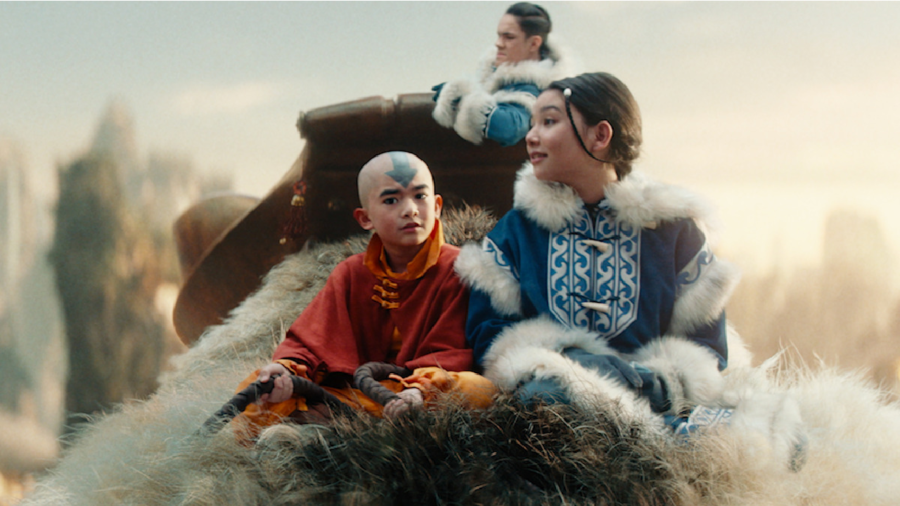
So, while Netflix’s Avatar defies the admittedly low initial expectations, the fact that it lacks adequate storytelling and original creators’ involvement makes the associated skepticism towards the adaptation quite reasonable. It seems that Netflix hasn’t learned its lesson, and the Avatar adaptation proves that point. Please, Netflix, please, keep Eiichiro Oda working on the second season of One Piece; our hearts can’t take your butchering of our favorite narratives anymore.









